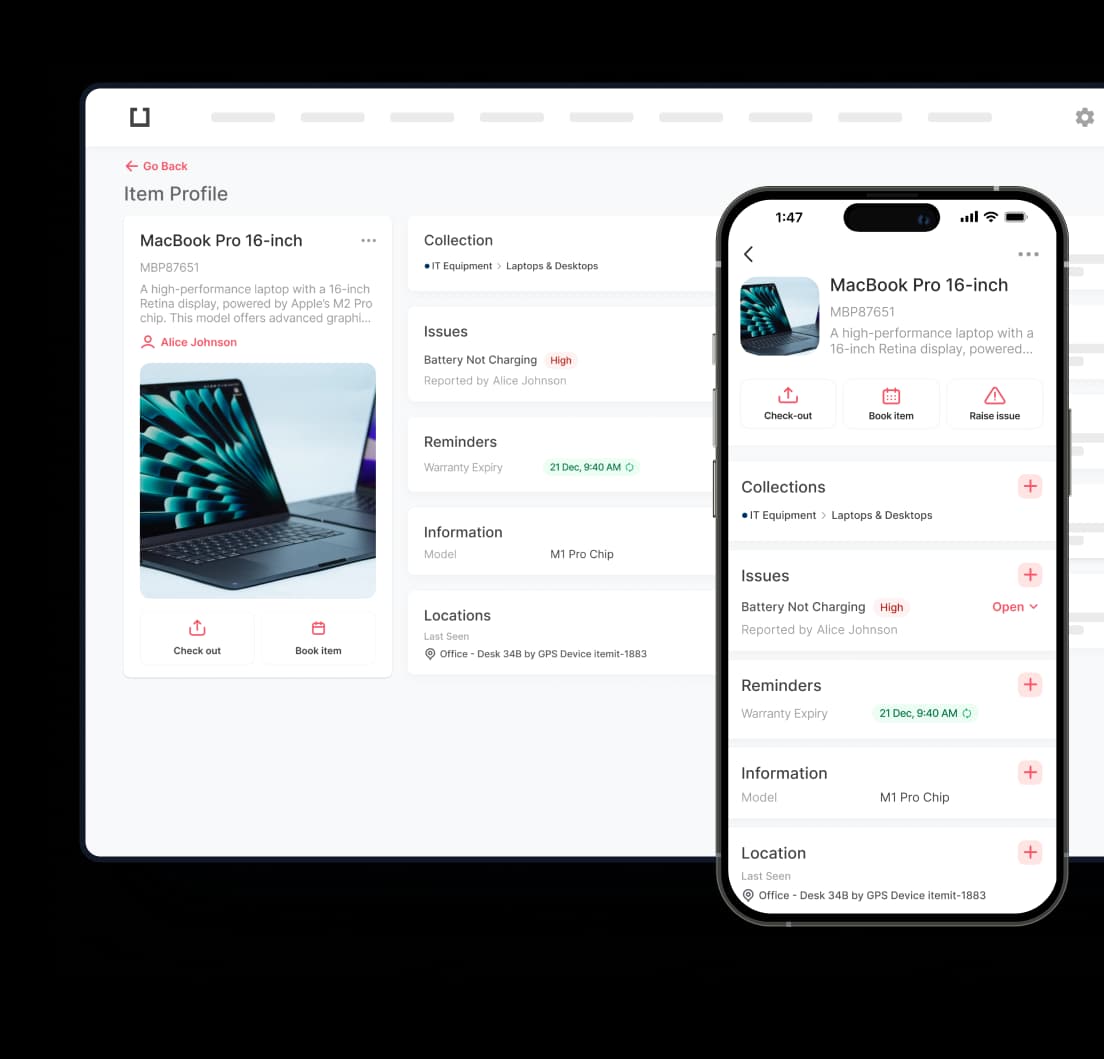Stay updated on the latest trends and innovations in modern construction, building methods, and advanced technologies transforming the industry today and beyond.
When you want to track your assets you want to do it correctly. It’s very likely that you also want to make the most of the latest technology. However, it’s not always clear which technology you should use. This is because some tracking tools use barcodes and others make use of RFID asset tracking. So which option is the best and why? This article takes a brief look at this so you know which option works for you.
What RFID Tags Are
RFID asset tracking works by harnessing the power of radio frequencies. In each tag sits a small transmitter that emits these radio frequencies that a reader picks up. These tags are quite small considering the work that they do, and they do it well.
One of the great things about these tags is that they can potentially be even more convenient than barcodes. This is simply because you don’t have to be standing directly next to the tag in order to pick up its frequency. You could be standing as much as a few metres away. All you need to do is select the right asset on the reader and you can begin to manage it.

What Barcodes Are
You’re probably quite used to seeing barcodes. You see them on goods that you buy at the supermarket, on printer ink packages, and just about everything else. A barcode is quite different from an RFID tag. It’s made up of a code that’s been printed on a label and has a lot of white lines. The lines can be different widths and each of the lines creates a number or character. These numbers or characters tell the scanner what the product is.
Barcode tracking and RFID asset tracking are slightly similar in some ways and they can both be used to control assets. However, they differ in other ways. What’s important is what you want from asset tracking.
Why You Should Consider Using RFID Tags
RFID asset tracking is quite easy. We’ve already seen that you can be standing a few metres away from an asset and you can still locate it. You can also scan more than one asset at a time, which makes life easier. RFID tags have been made to last and will cope with sun and rain exposure without any problems. Tags such as these also allow better security than their counterparts as you need an RFID reader in order to manage them.
Why You Should Consider Using Barcodes
Barcodes can be easy to use as they often don’t require special technology. You can simply scan them with your smartphone and manage your assets that way. While they are not necessarily built to last, they do last a long time if they are kept clean. Barcodes also provide very accurate data and they can be quite cost-effective.
RFID asset tracking may seem more expensive than barcodes, to begin with, but their constant use and what they offer make them value for money.
Can You Track Assets The Same Way?
Can you really track assets the same way whether you’re using RFID technology or barcodes? Yes and no. If you wish to quickly track an asset, barcodes will do just fine. They can be quick and easy to use and good enough at the moment. However, if you need to store a lot of information and capture data automatically, RFID asset tracking always stands out from the crowd.
As we have seen, barcodes can be low cost and used easily but RFID tags can be ideal if you have a large supply chain or very complex supply chains. In addition to this, these tags collect data in real-time and, as a result, can help immensely with inventory tracking and management.
Which Option Should You Choose?
So, which option should you choose? Do you want to opt for barcodes that seem fairly simple but are unable to offer much? Or, would you like to use RFID tags that can help you to track your assets easily, no matter where you work or what you do? The answer is: It all depends on what you want from asset tracking. However, it would be wise for you to choose the option that offers more flexibility, better tracking options, and more reliability. When you do, you ensure that tracking and managing your assets is easier than you thought possible.
Consider what it is you want and make sure you think about the future. If you’re planning to expand your business you may need a solution that will offer regular data collection. All of this needs to take place without the risk of human error.
Would you like to speak with someone knowledgeable about RFID asset tracking? Contact us today at team@itemit.com.


Modern Methods of Building Construction. Trends and Innovations to Watch

How to Create an Effective Construction Management Plan for Your Project
Create an effective construction management plan that improves safety, minimises delays and keeps your project organised and on track from planning to completion.

A Complete Guide to Construction Cost Management and Planning
Effective construction cost management and planning improve profitability, enhance financial stability, and strengthen resource allocation across every project.




